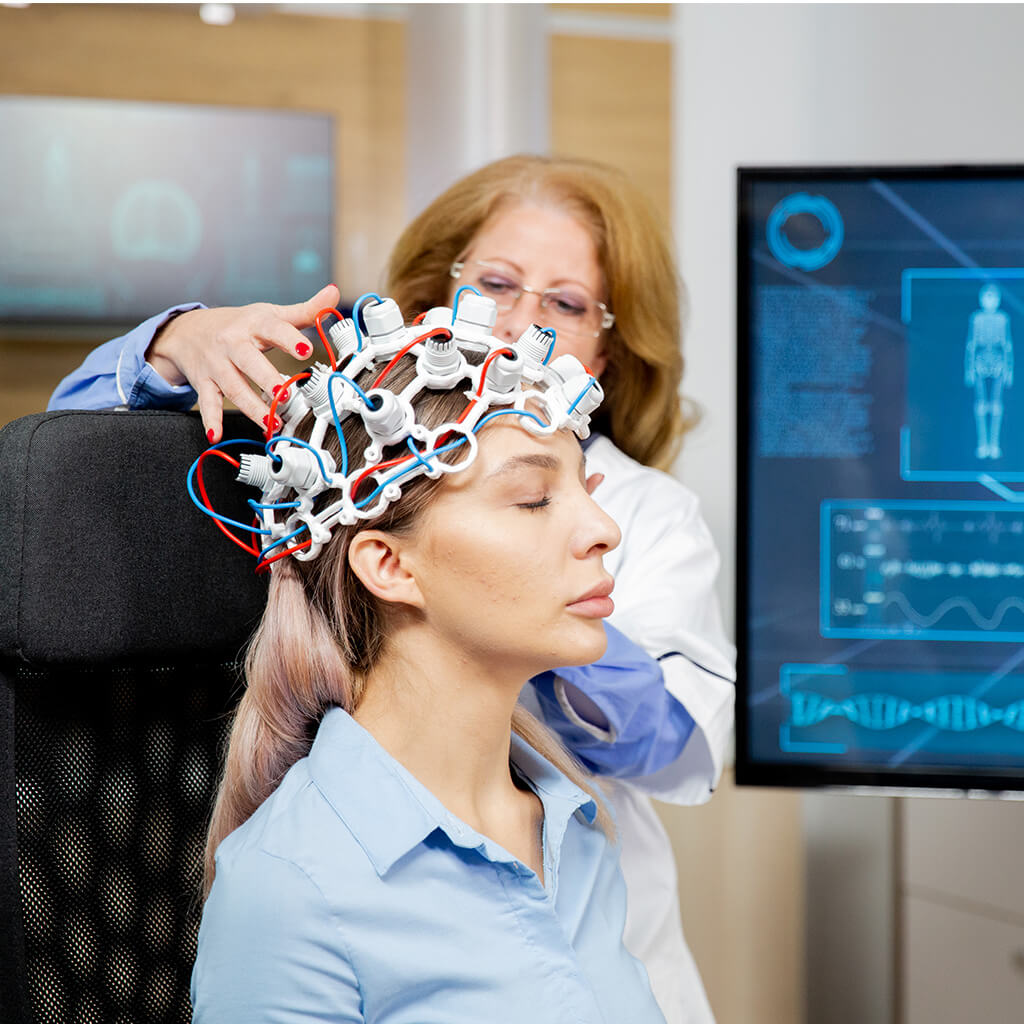Neuralink and other companies working on brain-machine interfaces are making rapid progress. In 2019, Elon Musk’s Neuralink unveiled a prototype of a wireless brain implant that can transmit neural signals. The device is about the size of a large coin and is designed to eventually allow people with neurological conditions to control phones or computers with their minds.
If and when these technologies become widely available, they could significantly improve the lives of people with conditions like epilepsy, Parkinson’s disease, and paralysis. For the broader population, brain implants could open up a new world of “neuroprosthetics” that provide augmented senses, enhanced cognition, or seamless mind-controlled interfaces. The possibilities seem almost limitless.
However, many technical and ethical questions remain unanswered about the prospect of mainstream brain implants. Researchers still have a limited understanding of how the brain encodes and processes information. Implanting electronic devices in people’s brains could introduce unknown long-term side effects. And mass-market neuroprosthetics would raise a number of privacy and security concerns that don’t have easy answers.
Despite the open questions, many experts think that some form of brain-machine interface will eventually become commonplace. Elon Musk has said that Neuralink’s goal is to provide a safe and general-purpose interface that could enable telepathy through neural implants within the next decade. Jack Gallant, a neuroscientist at the University of California, Berkeley, predicts that rudimentary neuroprosthetics could be available within five to 10 years, though widespread adoption would take longer.
With major investments from Silicon Valley, and interest from the healthcare industry, the pace of progress in brain-machine interfaces is accelerating. As the technologies develop, society will have to grapple with how to ensure they are safe, ethical, and benefit humanity. But many researchers are optimistic that neural implants and neuroprosthetics could ultimately improve lives, enhance human experiences, and push the boundaries of human achievement in the decades to come.
